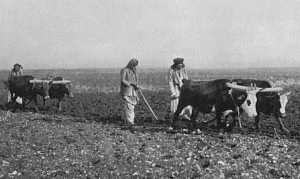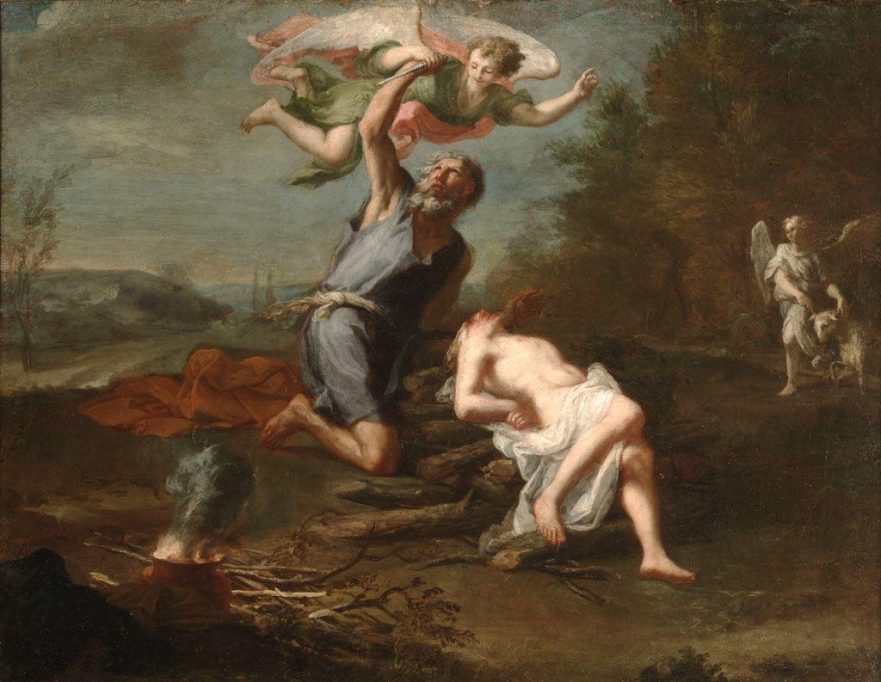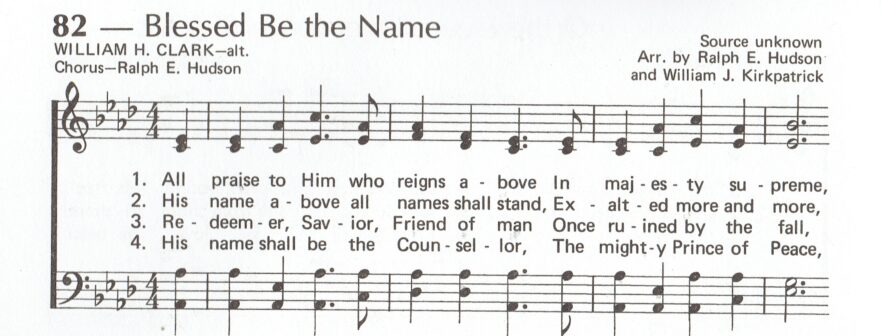Israel is having a Sirocco this week, typical of April and May, with temperatures in Jerusalem soaring to 37 degrees (98 Fahrenheit) and over 40 degrees (104) in most of the rest of the country. Jesus said: “And when you see the south wind blowing, you say, ‘There will be scorching heat’; and it happens” (Luke 12:55).
How should I cite material taken from your site?
Due to the nature of Internet publishing, content found on Web sites can be updated, corrections and improvements being inserted whenever an author desires. Sometimes, an article’s revision involves no more than a word or two. An online article might be revised, for example, twenty times in one day. Consequently, online articles are usually accompanied by a “Last Revised” date and the “Date Read” (date of access)
What is the meaning of “firstborn male” in Luke 2:23?

Is the consecration of the boy only done if he is the firstborn? Or is it done if he is simply the oldest?
Doesn’t the Bible Call Jesus a Rabbi?

From the Gospel accounts, Jesus clearly appears as a typical first-century Jewish sage, and was famous enough to draw students to himself.
Jesus’ Folded Napkin (John 20:7): Is it significant that Jesus’ burial napkin was found in the empty tomb folded?

The false theory that the folded “napkin” in Jesus’ tomb has deep spiritual significance is a good opportunity for us to sharpen our critical thinking skills.
Perspective on Dan Brown’s The Da Vinci Code

In the marketplace of ideas, legitimate biblical scholarship competes with the likes of Erich von Deniken (Chariots of the Gods) and Dan Brown (The Da Vinci Code), and other sensationalists.
Was New Orleans Punished for Its Sinfulness?

Let’s consider how Jesus would have responded to the damage and loss of life wrought by Katrina.
“They Didn’t Dare” (Matt 22:46; Mark 12:34; Luke 20:40): A Window on the Literary and Redactional Methods of the Synoptic Gospel Writers
Mark’s placement of Jesus’ “no longer dared” comment is very awkward: first, because the comment comes in the middle of a lovefest between Jesus and a scribe; and second, because the comment immediately follows Jesus’ appreciation of the scribe’s wisdom: “You are not far from the Kingdom of God.”
Hananiah Notos: The Never-ending Importance of the Dead Sea Scrolls
One of the recently published Dead Sea Scroll documents is known as the “Register of Rebukes.” Only parts of eleven lines of a column of this document have survived. However, even these few words and parts of words are enough to see that the document, or a portion of it, was a list of the sect’s members who were rebuked because they had violated community laws.
Jesus’ Yoke and Burden

It appears that the original context for Jesus’ “Comfort for the Heavy-Laden” saying has been lost; however, passages in the apocrypha indicate that Jesus was speaking of Torah study and the rigors of first-century discipleship.
Reflections at 65
On July the 20th I celebrated my 65th birthday. Does that mean I’m “old”? Only someone who has reached my age knows how young I feel! It seems to me as if only a year has passed since I arrived in Israel at the age of 24.
Matthew 5:19: The Importance of “Light” Commandments
In the modern Hebrew translation that was published by the Israeli Bible Society in 1976, and revised in 1991 and 1995, Matthew 5:19 was rendered “…ha-mitsvot ha-ketanot…katon yikare’…gadol yikare’…” (the small commandments…small [smaller, smallest] he will be called…big [bigger, biggest] he will be called). It is highly probable, however, that in this context Jesus was speaking about mitsvot kalot (light commandments) and not about mitsvot ketanot (little or small commandments).
Another Look at the “Cleansing of the Temple” Story

Based on archaeological excavations near the southern wall of the temple, the research of Shmuel Safrai, and a nuance of the Hebrew verb that is one of the equivalents for Greek ekballein (drive out, banish; throw out; throw away, reject; cast out of a place, expel; remove, get rid of; put out), it may be necessary to reinterpret the gospel accounts of Jesus’ “cleansing” of the temple, even suggesting a different location for Jesus’ action.
The BiblePlaces Newsletter

I want to bring to your attention an exciting and colorful newsletter. If you are a teacher or student of the Bible, you will want to subscribe to it. It’s free!
Abraham’s Temptation, Forerunner of Jesus’ Temptation

When tempted, both Jesus and Abraham vanquished their tempter with words of Torah, just as Israel’s teachers exhorted their students to do.
Blessed Be the “Name”!

We may have misunderstood, or partially misunderstood, many biblical expressions that contain the idiom, “the name of.”
Selected Examples of Rewriting in Mark’s Account of Jesus’ Last Week

It has been noted that in instances where Mark’s editorial hand restructured his story, Luke has preserved a more primitive form of the account, a form that is independent of Mark’s influence. Gospel scholars need to properly evaluate Mark’s editorial style and acknowledge that frequently a theological agenda influenced his rewriting.

